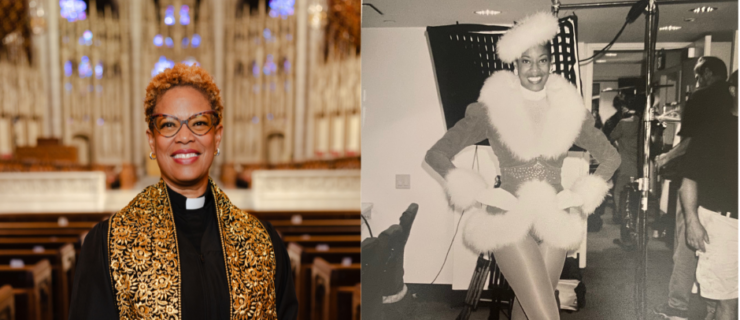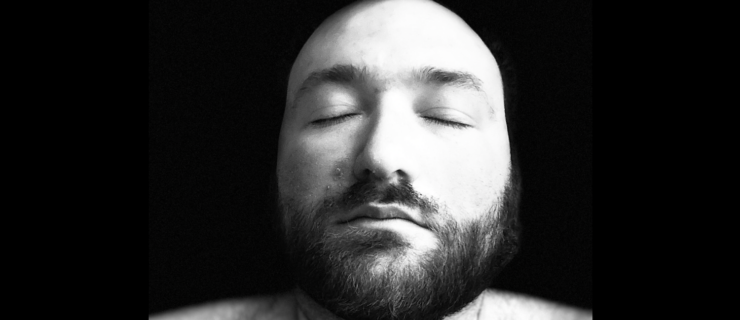Your Career: Should You Start a Company?
How choreographers decide
Jessica Lang sought advice from Mark Morris before launching her company. Photo by Takao Komaru, Courtesy Jessica Lang Dance.
Jessica Lang succeeded as an independent choreographer for 15 years, creating many works on ballet troupes such as Joffrey Ballet and Pennsylvania Ballet. But she began to wonder how the benefits of having a company would change the quality of her dances. “I wanted to know what it would be like to work with the same group of dancers, who were willing to embody my vision,” says Lang. She got exactly that in 2010 when she won a residency at The Joyce Theater, where she was given time, space and $25,000 to just play. After gathering a group of six dancers, Lang went to work. “I gave all of the money to the dancers, and had 240 hours to pretend to have a dance company,” she quips.
Dancemakers today have endless possibilities for how to structure their careers. The company model still works best for some, and companies now come in all forms, from full-time to pickup, project-based and loosely organized. Other artists prefer to come and go without the added administration of an organization. Understanding the challenges and benefits of each option can help you decide what’s right for you and your work.
Today, Jessica Lang Dance boasts 10 dancers with 30-week contracts, a full-time executive director, part-time staff and a robust touring schedule, which includes a two-week stint at Jacob’s Pillow this August. Recently, they had their Brooklyn Academy of Music debut, performed at the Kennedy Center and traveled to Istanbul. “It’s surreal, and still daunting,” admits Lang, who also continues to work as a freelance choreographer. “At 40, I have the experience as a choreographer. I could not have done this when I was 24.”
Before making the company leap, Lang sought advice from Mark Morris and Nancy Umanoff, executive director of Mark Morris Dance Group. “I knew they created such an incredible organization and I went to them seeking insight,” she recalls. Having and keeping a mentor has proven critical to Lang’s success, but you need more than mentorship to make it work. “You have to enjoy the business end,” she says. “Also, be up on your state laws.”
Philadelphia- and New York-based Gabrielle Revlock, 34, considers herself part of a generation of dancemakers who never seriously considered starting a company. “The trend is to stay independent,” she says. “I want to work on a small scale, keep a light footprint and be available to take on projects that interest me.”
Revlock leads a busy life as a dance artist that includes dancing with Jane Comfort and Leah Stein, in addition to her own work and her collaborative choreographic projects with Nicole Bindler and others. “I apply for a ton of opportunities, because I know that most I won’t get,” she says. Her attention to sustainability permeates the way she structures her rehearsals. For instance, in the past she’s created sections of work that could be rehearsed separately. “Things are always changing in the dance world,” she says. “I want the freedom to jump on whatever is best for me.”
She’s the first to admit that it’s a juggling act, dancing for other people and doing her own shows while managing touring, grants and residencies. “You can’t guarantee how much work you will have, so I made sure early on to establish some savings,” she says. “I also try to not take a job unless I really want to do it. It’s important to keep commitments because many projects lead to other projects.”
For Danielle Agami, launching Ate9 dANCEcOMPANY was about giving her devoted dancers a professional setting and access to a long-term process. “It had a lot to do with the need of local dancers to have a home for their dancing,” she says. She settled in Seattle at first, and after half a year relocated to Los Angeles with six dancers in tow. “Location is key. L.A. has so many opportunities,” she says. “Yet, it’s not overcrowded with dance, either.”
Today, with eight committed dancers, Agami operates with no paid staff and the grace of brave presenters who are willing to give her a chance. Even though the company is project-based, it has remained busy in its hometown, and toured to Moscow, Atlanta, Houston, Portland and Seattle.
Agami is frank about the difficulties of maintaining a company in today’s money-scarce environment. “The lack of staff and funds are problems, but still the hardest task is to sell the tickets,” she says. But for her, the decision to become a professional company came before the funds. “We are like a family,” she says. “It feels natural, yet it’s demanding to run a company. There have been some amazing and maddening moments.”




